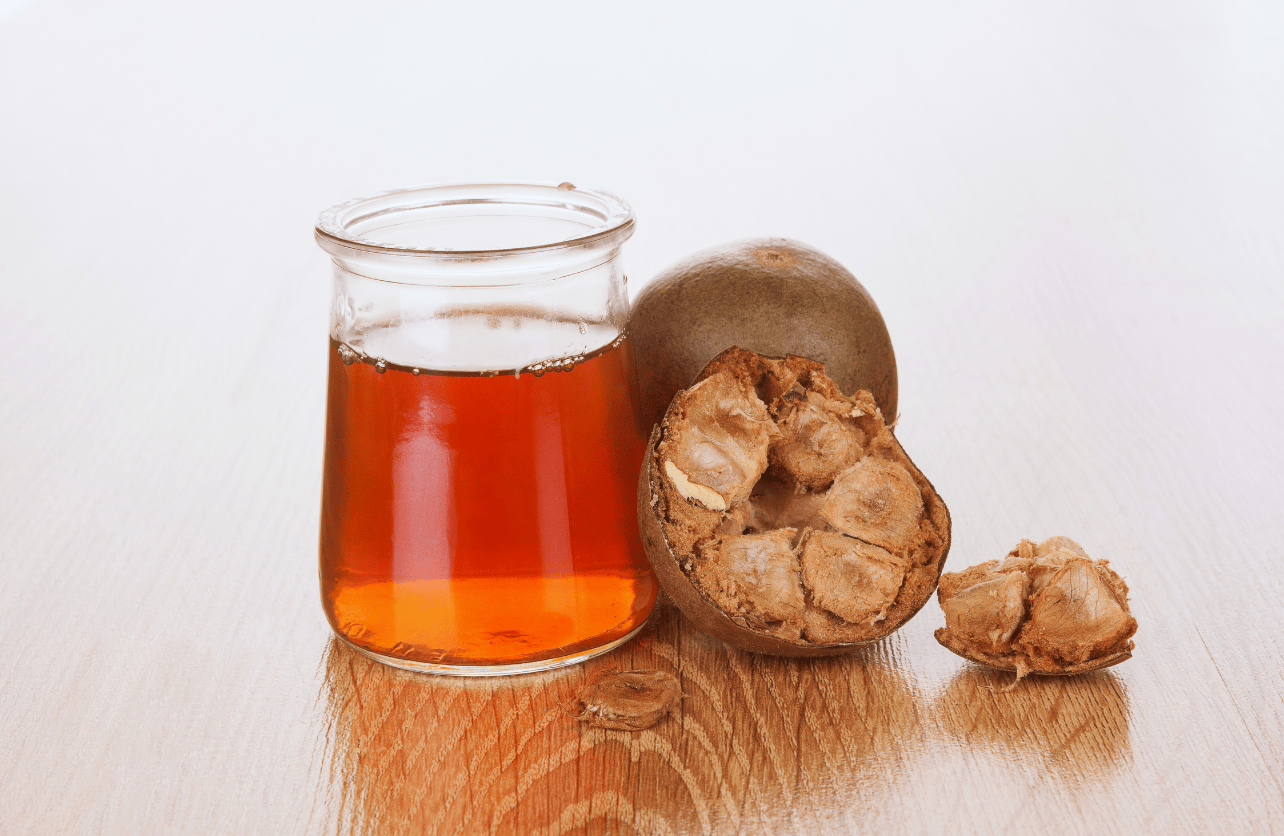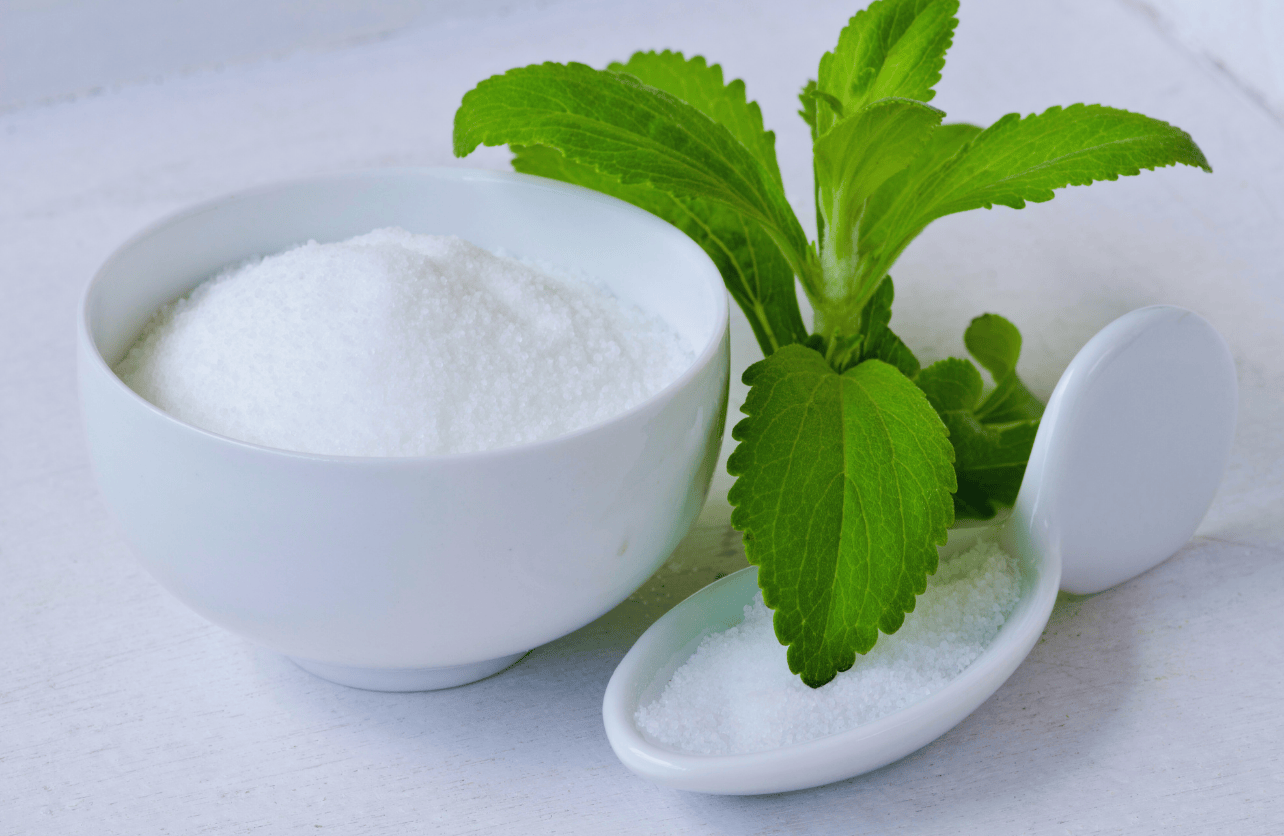Monk Fruit vs. Stevia: Choosing the Best Natural Sweetener

When looking for alternatives to sugar, monk fruit and stevia often top the list as natural, zero-calorie sweeteners. Both are derived from plants and provide sweetness without significantly impacting blood sugar levels. However, their origins, taste profiles, culinary applications, and health benefits differ, making each suitable for different preferences and needs. Let’s dive into the details to help you decide which one might be right for you.
Origins and Production

Monk fruit, also known as luo han guo, is a small, green melon native to southern China. Traditionally used in Chinese medicine, its sweetness comes from compounds called mogrosides. These are extracted by removing the fruit’s seeds and skin and then processing the juice into a concentrated form. The result is a sweetener that can be up to 250 times sweeter than sugar.

Stevia, derived from the leaves of the Stevia rebaudiana plant, has a long history of use among Indigenous peoples in South America. The sweet compounds, known as steviol glycosides, are extracted by drying and steeping the leaves in water. The end product is a highly potent sweetener, ranging from 200 to 400 times the sweetness of sugar.
Taste and Versatility
Taste is a defining factor when choosing between monk fruit and stevia. Monk fruit is often preferred for its clean, fruity sweetness, which lacks the bitterness or metallic aftertaste that some associate with stevia. This makes it particularly appealing in recipes where a neutral sweetness is desired.
Stevia, while intensely sweet, can have a slightly bitter or licorice-like aftertaste depending on its purity and processing. Some people enjoy this unique flavor, while others find it less appealing. Both sweeteners are heat-stable, making them suitable for baking and cooking. However, their high sweetness levels mean recipes may require adjustments to account for the difference in bulk compared to sugar.
Health Benefits
Both monk fruit and stevia offer health benefits, especially for those managing sugar intake or conditions like diabetes. Neither affects blood sugar levels, making them safe for diabetics. Monk fruit contains mogrosides, which have antioxidant and anti-inflammatory properties. Stevia, on the other hand, has been studied for its potential to lower blood pressure and cholesterol, further enhancing its appeal.
For individuals with sensitive digestion, monk fruit may be the better option. Unlike some stevia products that are blended with sugar alcohols, monk fruit typically avoids these additives, reducing the risk of digestive discomfort.
Cost and Accessibility
Stevia enjoys widespread availability and is often more affordable than monk fruit. It can be found in a variety of forms, including liquid drops, powdered extracts, and granulated blends. Monk fruit, being less common and more labor-intensive to produce, is generally pricier and less accessible. However, its unique benefits and clean taste make it worth considering despite the cost.
Making Your Choice
The decision between monk fruit and stevia ultimately comes down to personal preference and intended use. If you’re looking for a sweetener with a mild, clean taste and antioxidant properties, monk fruit is an excellent choice. If cost and accessibility are top priorities, or you’re seeking cardiovascular health benefits, stevia might be the better fit.
Summing Up
Monk fruit and stevia each bring distinct advantages to the table, offering a healthier way to satisfy sweet cravings. Understanding their unique properties can help you select the option that aligns with your dietary needs and flavor preferences. Whether you choose the subtle sweetness of monk fruit or the widespread availability of stevia, both sweeteners provide an effective alternative to traditional sugar, supporting a balanced and health-conscious lifestyle.
Building a Stronger You
Supplement Institute is the fruit of extensive online publishing experience, spanning the breadth of SEO strategies to the nuances of paid advertisements. Our journey, marked by significant achievements and learning moments, inspires our core mission: to empower our readers with an abundance of information. By sharing insights and key learnings, we aim to provide you with the knowledge needed to navigate the complex world of supplements, helping you make well-informed decisions for your health and well-being. Welcome to Supplement Institute, where information is your greatest supplement.